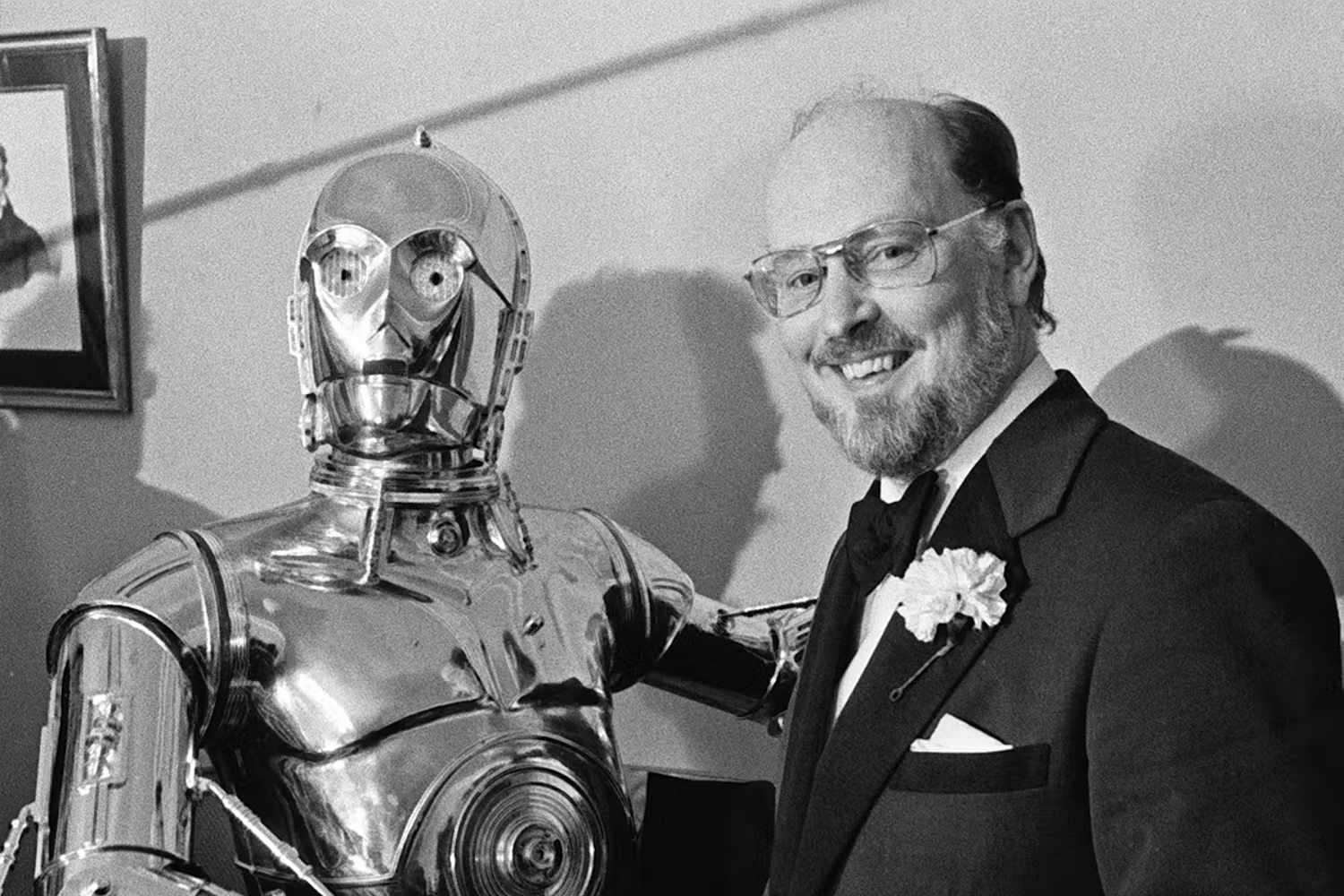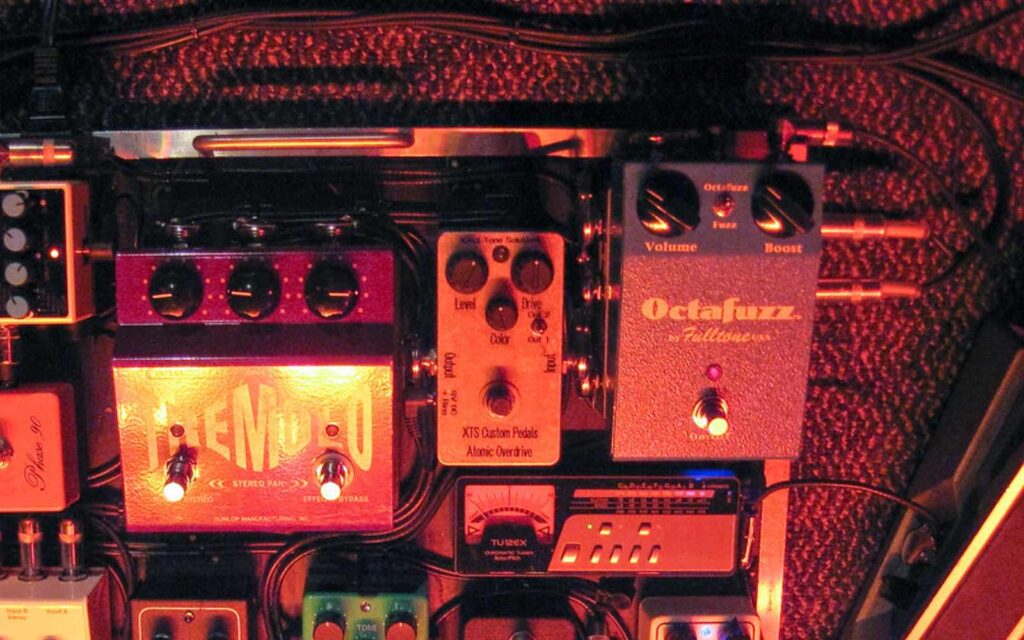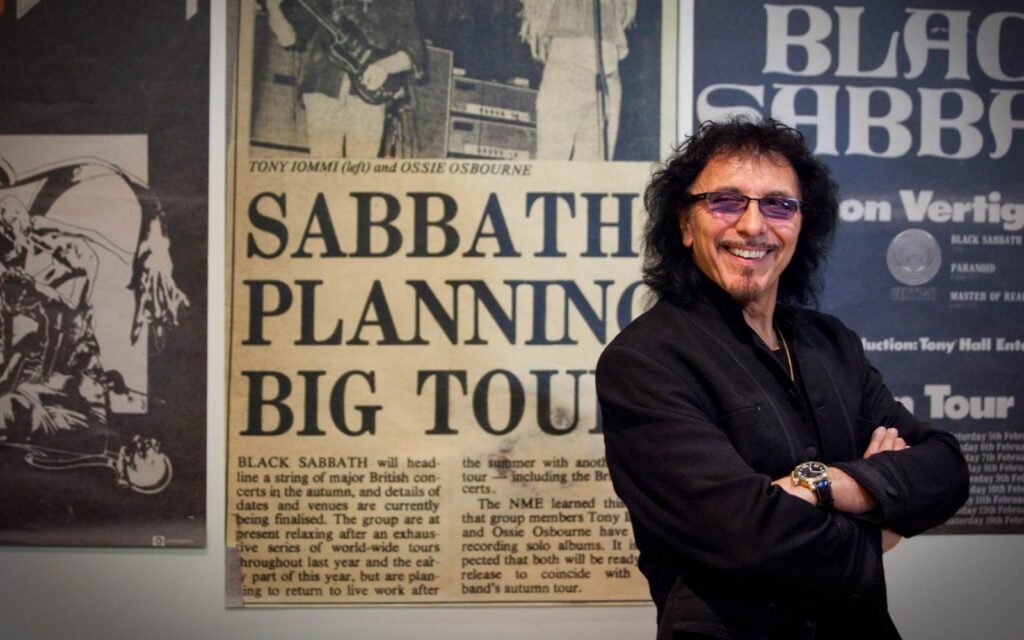May the force be with you as we explore John Williams' famous soundtrack and score.
John Williams has built a bigger legacy than a lot of musicians, bands and artists on this planet. A soundtrack that transcends generations and inspires composers to this day. A legacy that spawned toys, games, comics, novels, TV series, and origin films. But still to this very day, one thing stands out the most from that legacy.
Read all the latest features, columns and more here.
No, I am not talking about the moment when the Stormtrooper bumps his head. I am talking about something far more epic, something that you will never forget. That is the soundtrack to the Star Wars films by the legendary composer John Williams. It’s already playing back in your head now, right?
John Williams has composed the score for the Star Wars films for five decades, and in that time, he has been nominated for 52 Academy Awards and has received 25 Grammy Awards and multiple BAFTAs, Academy Awards, and Golden Globes. Although he has a massive repertoire of music composition for film, Star Wars will be the one that he will always be remembered for.
Star Wars theme
In an interview from 1999, John Williams discusses working on The Phantom Menace and how he came up with ideas of the scoring and musical composition for different scenes throughout the film. You can watch the interview below.
Taking off from the beginning is an absolutely dramatic and majestic opening fanfare to grab you and pull you into a journey where you don’t want to leave. Each and every film in the series takes you on its own musical journey. We are taken on a ride of various points of tension and release in musical composition.
Imperial March
There are moments of comedic relief during the funky tunes of the Mos Eisley Cantina song and the Chewbacca Theme. There are moments of suspense, anxiety, and fear during The Battle for Hoth and TIE Fighter Attack. And there are moments where our emotions run high on either heartbreak or romance during Ben Kenobi’s death and Leia’s theme. And who can forget the classic Imperial March as Darth Vader patrols the hall in The Empire Strikes Back.
Something to note here is that even though it’s with a full orchestra following conventions of classic music theory, there are moments of groove, feel, and harmony. And quite often the opening theme is repeated throughout the film but in different keys, pitches, and octaves which alters the mood but always flows with the course of the films. It is actually quite easy to see why this saga of films has been so incredibly successful.
The orchestration consists of a full orchestra with John Williams as conductor and composer. Each and every instrument from strings, to brass, to a capella vocals has its role to play throughout the scoring of the film within the different aspects of music theory and composition. This ranges from tension and release where the tempo speeds and up and slows down to add different emotional effects on how the audience will react. A pretty obvious example is during the Battle of Endor where we hear pacing from the brass and string section and an increase in tension as the tempo increases during the fight. When the battle is over and the heroes escape is where the release is met and the tempo is slowed down. Other aspects include changes in keys or octaves as mentioned earlier with the opening theme, harmony, and timing changes from compound time to simple time and vice versa.
Another final note of the soundtrack to this masterpiece is the use of foley sound effects during film. These sound effects are composed within a small room recording different objects making noises that is suitable to what is being shown throughout the film at the time. As much as the use of foley sounds are a major part of the film and scoring, the masterpiece of John Williams triumphs, as that is what is working with the audience’s emotions.
Cantina band
I can truly say that back in 1977 the world of music and films changed, and that was the epic and majestic masterpiece of both John Williams and George Lucas known only as Star Wars.
Read more about John Williams here.







